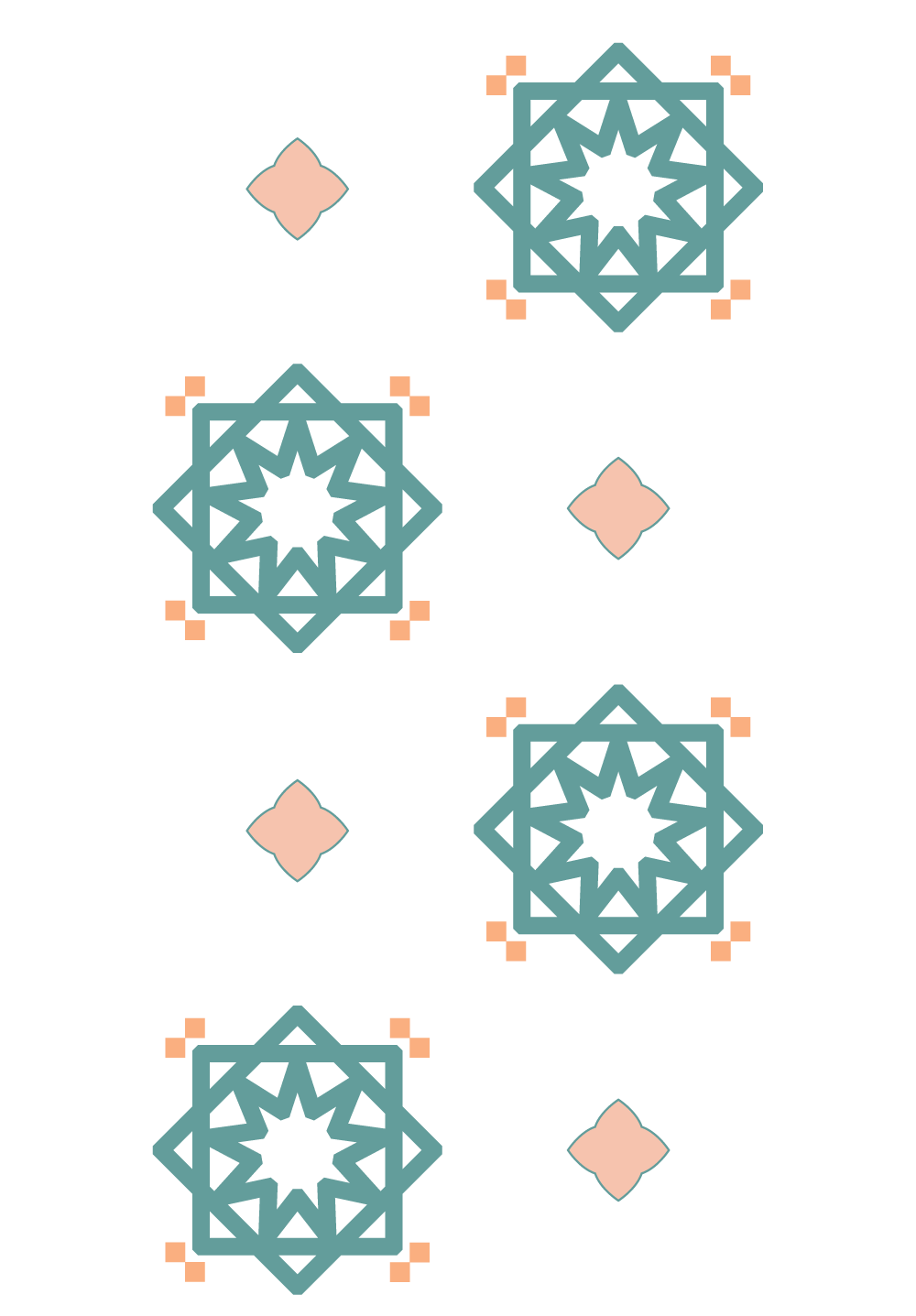

In this section of stories from the Quran, we present the story of a people whom Allah tested with a strange type of punishment and trial due to their sins and disbelief in Allah. Allah says in Surah Al-A'raf: Ask them ˹O Prophet˺ about ˹the people of˺ the town which was by the sea, who broke the Sabbath.1 During the Sabbath, ˹abundant˺ fish would come to them clearly visible, but on other days the fish were never seen. In this way We tested them for their rebelliousness. When some of ˹the righteous among˺ them questioned ˹their fellow Sabbath-keepers˺, “Why do you ˹bother to˺ warn those ˹Sabbath-breakers˺ who will either be destroyed or severely punished by Allah?” They replied, “Just to be free from your Lord’s blame, and so perhaps they may abstain.” When they ignored the warning they were given, We rescued those who used to warn against evil and overtook the wrongdoers with a dreadful punishment for their rebelliousness. But when they stubbornly persisted in violation, We said to them, “Be disgraced apes!” – Soora Al-A'raf: 163 166

Allah also says in Surah Al-Baqarah: (You are already aware of those of you who broke the Sabbath. We said to them, “Be disgraced apes!”) – Al Baqara: 65 And in Surah An-Nisa: (or We condemn the defiant as We did to the Sabbath-breakers.1 And Allah’s command is always executed!) –Soora Al Nisa: 47
In these verses, Allah mentions a community from the people of Israel who lived in a coastal area. The Quran does not specify the name or location of this area, but Allah wants us to learn a lesson from what happened to them. It was part of the law of the people of Israel, as mentioned in the story of the Prophet Joshua and other prophets, that they do not work on Saturdays and do not engage in worldly affairs, but rather devote themselves to the worship of Allah.
Due to the multitude of sins and transgressions of the people of that village, Allah wanted to punish them and test their faith with a trial unlike any other. He did not send upon them a direct punishment or earthquake, but rather forbade them from fishing on Saturdays, a source of livelihood for them. The fish would abundantly come to their shores on Saturdays but disappear for the rest of the week. The people became astonished by this phenomenon.
As soon as that day ended, the fish would depart from the shore for the remainder of the week, eluding the nets of the villagers. They devised a plan to circumvent Allah's command by not fishing on that day. They constructed barriers and traps on Fridays, so when the fish came on Saturdays, they would enter the traps and remain there until Sunday, violating Allah's command indirectly.
After this incident, the people of the village divided into three groups: the first group disobeyed Allah and continued to use deceitful means to fish, the second group did not disobey Allah and condemned the actions of the sinners, and the third group did not disobey Allah but remained passive towards the wrongdoing of others.
The third group neither condemned the violations of Allah's commands nor did they actively prevent them. They seemed indifferent to the matter. They did not deny the transgression but rather engaged in debates with the second group, discouraging them from advising and guiding the wrongdoers.
Despite their discouragement, the group that condemned the wrongdoing continued their duty of enjoining good and forbidding evil, seeking to please Allah and avoiding accountability on the Day of Judgment. Their words might have influenced the wrongdoers to repent and abandon their sins.
The sinners persisted in their disobedience, especially with the abundant catch they were getting. They were unaware that Allah was testing them with their actions and giving them opportunities to repent. Instead, they continued in their transgressions and sins.
As the sinners persisted and arrogated themselves, and the words of the believers did not have an impact on them, Allah decreed the punishment upon them. They were afflicted with a strange torment, even more severe than the initial trial and punishment. Allah transformed them from humans into animals, as mentioned by scholars, indicating that they became apes but not able to reproduce. After a while, they perished, leaving no descendants. Hence, there are no descendants of these sinners turned into apes in our current era.
As for the believers who enjoined good and forbade evil, they were not harmed by the punishment because Allah does not wrong people but rather rewards them for their deeds. He punishes them for their sins, and no bearer of burdens will bear the burden of another. So Allah punished the sinners and saved those who enjoined good and forbade evil. As for the third group, who neither sinned nor enjoined good, the Quran remains silent about their fate, whether they were included among the saved or among those punished. Some scholars suggest that their passive role may have led to their neglect, even though they did not deserve punishment..